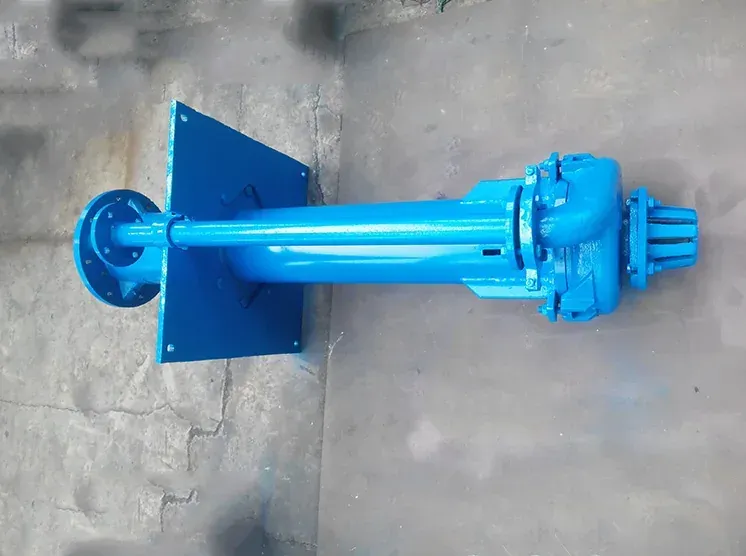Bosnian
- Afrikaans
- Albanian
- Amharic
- Arabic
- Armenian
- Azerbaijani
- Basque
- Belarusian
- Bengali
- Bosnian
- Bulgarian
- Catalan
- Cebuano
- Corsican
- Croatian
- Czech
- Danish
- Dutch
- English
- Esperanto
- Estonian
- Finnish
- French
- Frisian
- Galician
- Georgian
- German
- Greek
- Gujarati
- Haitian Creole
- hausa
- hawaiian
- Hebrew
- Hindi
- Miao
- Hungarian
- Icelandic
- igbo
- Indonesian
- irish
- Italian
- Japanese
- Javanese
- Kannada
- kazakh
- Khmer
- Rwandese
- Korean
- Kurdish
- Kyrgyz
- Lao
- Latin
- Latvian
- Lithuanian
- Luxembourgish
- Macedonian
- Malgashi
- Malay
- Malayalam
- Maltese
- Maori
- Marathi
- Mongolian
- Myanmar
- Nepali
- Norwegian
- Norwegian
- Occitan
- Pashto
- Persian
- Polish
- Portuguese
- Punjabi
- Romanian
- Russian
- Samoan
- Scottish Gaelic
- Serbian
- Sesotho
- Shona
- Sindhi
- Sinhala
- Slovak
- Slovenian
- Somali
- Spanish
- Sundanese
- Swahili
- Swedish
- Tagalog
- Tajik
- Tamil
- Tatar
- Telugu
- Thai
- Turkish
- Turkmen
- Ukrainian
- Urdu
- Uighur
- Uzbek
- Vietnamese
- Welsh
- Bantu
- Yiddish
- Yoruba
- Zulu
Telephone: +86 13120555503
Email: frank@cypump.com
nov . 05, 2024 10:27 Back to list
pump on septic tank
Understanding the Role of a Pump in Septic Tank Systems
Septic tanks are essential components of many wastewater treatment systems, particularly in rural and less populated areas where conventional sewage systems are impractical. These tanks collect and treat household wastewater through a natural process involving bacteria that break down solid waste. A crucial aspect of maintaining a septic system's efficiency is the use of a pump, especially in systems that require wastewater to be moved from one location to another.
Why is Pumping Necessary?
In a standard septic tank, gravity plays a significant role in the movement of wastewater; however, in some scenarios, gravity alone cannot facilitate this process effectively. For example, if the septic tank is located below the level of the drain field, a pump becomes necessary to transport the effluent to the drain field for further treatment. This is where a pump specifically designed for septic tanks comes into play.
Types of Pumps Used
There are primarily two types of pumps commonly used in septic systems effluent pumps and sewage pumps. Effluent pumps are designed to handle treated wastewater, while sewage pumps are capable of managing both liquids and solid waste. The choice between the two types depends on the specific needs of the system and the distance the wastewater needs to be pumped.
pump on septic tank

Maintenance of the Pump
Regular maintenance of the pump is crucial to ensure the longevity and efficiency of the septic system. Homeowners should schedule routine inspections, keeping an eye on the pump’s performance and the condition of the electrical components. It's also essential to monitor the septic tank's overall health by checking for clogs or blockages in the system that could affect the pump’s operation.
Signs of Pump Failure
Recognizing the signs of pump failure is vital for timely intervention. Common indicators include slow draining sinks, standing water around the septic area, and unusual sounds coming from the pump. If any of these symptoms arise, homeowners should contact a professional to assess the situation and recommend necessary repairs or replacements.
Conclusion
In conclusion, the pump plays a pivotal role in the functioning of septic tank systems, particularly in complex installations where gravity cannot efficiently move wastewater. Understanding how these pumps operate, the type suited for your system, and the necessary maintenance practices can help homeowners avoid costly repairs and ensure the smooth operation of their septic systems. By staying informed and proactive, one can ensure their septic system remains functional for many years.
-
Heavy-Duty Mining Sludge Pumps - Wear-Resistant Slurry Handling
NewsAug.02,2025
-
Horizontal Split Case Pump with GPT-4 Turbo | High Efficiency
NewsAug.01,2025
-
ISG Series Pipeline Pump - Chi Yuan Pumps | High Efficiency, Durable Design
NewsAug.01,2025
-
Advanced Flue Gas Desulfurization Pump with GPT-4 Turbo | Durable & Efficient
NewsJul.31,2025
-
ISG Series Vertical Pipeline Pump - Chi Yuan Pumps | Advanced Hydraulic Design&Durable Construction
NewsJul.31,2025
-
ISG Series Vertical Pipeline Pump - Chi Yuan Pumps | Energy Efficient & Low Noise
NewsJul.31,2025










